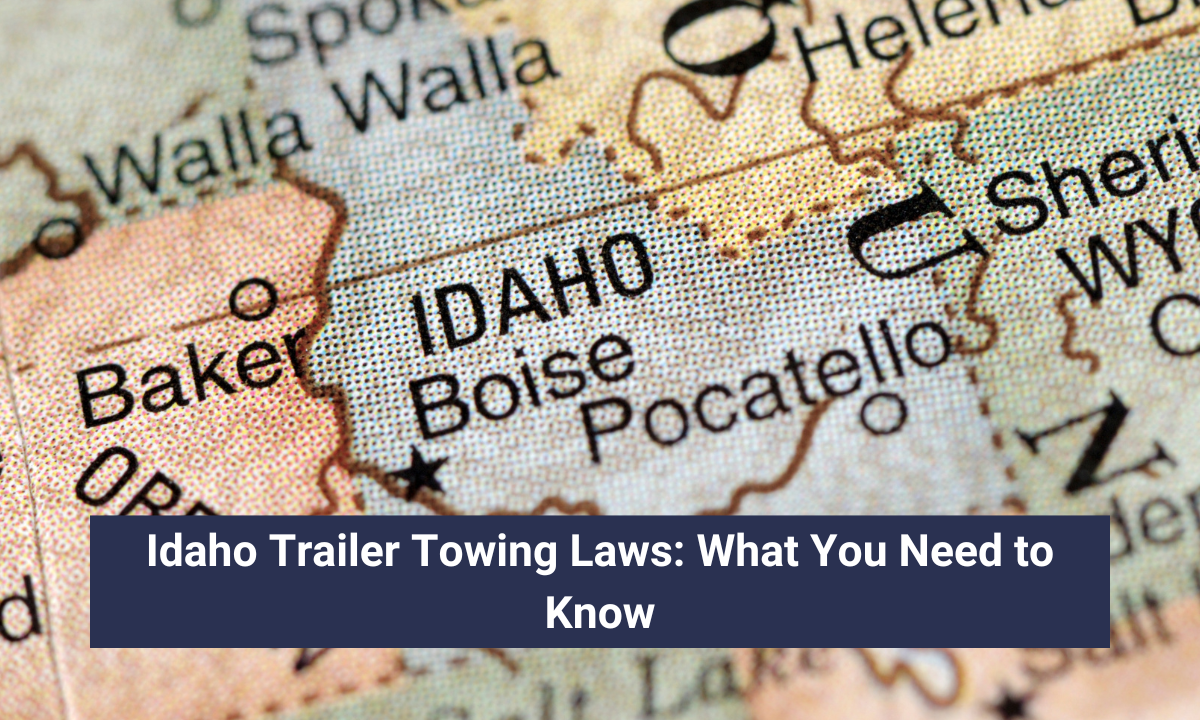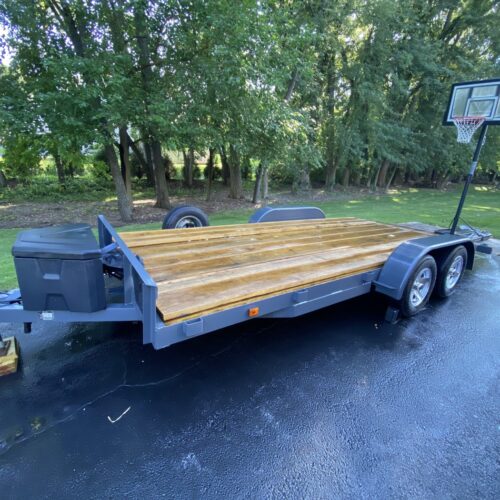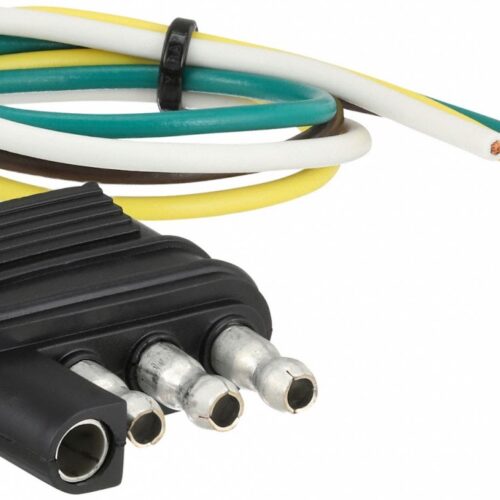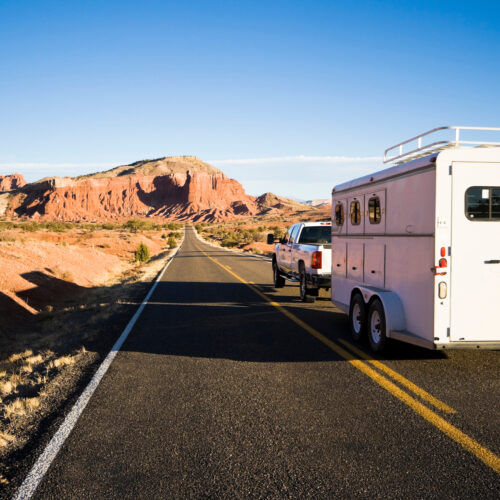Towing a trailer in Idaho can be a great way to transport heavy equipment, recreational vehicles, or even livestock across the state’s scenic routes. However, it’s essential to be aware of Idaho’s specific trailer towing laws to stay safe and legal on the road. Whether you’re towing for personal or commercial purposes, understanding these rules is crucial.

In this post, we’ll break down Idaho’s trailer towing regulations to help you stay compliant.
1. Trailer Registration
In Idaho, trailers must be titled and registered with the Idaho Transportation Department. If you are towing a trailer that exceeds 2,000 pounds, it will need a title and registration. For lighter trailers, only registration is required. Always ensure your trailer has a valid registration and license plate before hitting the road.
2. Weight Limits
Idaho follows a general rule that the weight of the trailer must not exceed the towing capacity of the vehicle. This means knowing your vehicle’s gross vehicle weight rating (GVWR) and matching it with the trailer’s GVWR. Trailers over 1,500 pounds must have trailer brakes.
3. Trailer Brakes
Idaho law requires trailers with a gross weight exceeding 1,500 pounds to have trailer brakes. These brakes must stop the trailer independently of the towing vehicle, especially in cases of trailer disconnection.
4. Safety Chains
Safety chains are a mandatory requirement in Idaho. The safety chains must be strong enough to keep the trailer attached to the towing vehicle in case the hitch fails. Be sure to cross the chains under the hitch to catch the trailer tongue if it falls, and always check that they are properly secured before starting your journey.
5. Lighting Requirements
Lighting is crucial for towing a trailer in Idaho, especially for visibility and safety during night travel. Idaho law specifies that the following lights are required on trailers:
- Tail lights: Required to ensure visibility from the rear.
- Brake lights: Must be functional and bright enough to indicate when you are braking.
- Turn signals: Properly working turn signals must be installed on trailers.
- Reflectors: Red reflectors should be placed on the rear, and amber reflectors are required on the sides for improved visibility.
These lighting requirements are especially important when traveling at night or in poor weather conditions.
6. Maximum Length, Width, and Height
Idaho has strict limits on trailer size to ensure safe road travel. These are the maximum dimensions allowed:
- Maximum trailer length: 48 feet.
- Maximum combination length (vehicle + trailer): 75 feet.
- Maximum width: 8.5 feet.
- Maximum height: 14 feet.
For trailers that exceed these limits, you will need to obtain an oversize load permit from the state before towing.
7. Triple Towing
In Idaho, triple towing (towing two trailers behind one vehicle) is allowed under specific conditions. The total length of the vehicle and trailers must not exceed 75 feet, and the trailers must connect securely. The first trailer in this combination must have an anti-sway device, while the second trailer must be equipped with an active braking system.
8. Speed Limits
When towing a trailer in Idaho, you must adhere to the posted speed limits. There are no separate speed limits specifically for vehicles towing trailers, but it is always a good idea to reduce your speed when towing. The added weight and length of the trailer make it harder to stop, so driving at a slower pace improves safety.
9. Mirrors
Idaho law requires towing vehicles to have side mirrors that allow drivers to see at least 200 feet behind them. This is particularly important for safe lane changes and overall visibility when towing a trailer.
10. Trailer Hitch
Securely attach your trailer to your towing vehicle using a hitch that complies with Idaho safety standards. Regularly inspect the hitch for wear and tear and ensure it is rated for the weight you are towing.
11. Insurance
Idaho does not mandate specific insurance for trailers; however, many insurance providers offer trailer coverage as an add-on to your vehicle policy. Check with your insurer to make sure your trailer is covered in case of accidents, theft, or damage.
12. Safety Inspections
Although Idaho does not require routine safety inspections for trailers, it’s still a good idea to conduct regular maintenance checks on your trailer’s brakes, tires, lighting, and hitch systems. Keeping everything in working order reduces the risk of accidents and ensures a smoother towing experience.
Conclusion
Staying within the boundaries of Idaho’s trailer towing laws is essential for your safety and the safety of others on the road. Be sure to keep your trailer registered, maintain all required safety equipment, and follow the state’s weight and size regulations.




